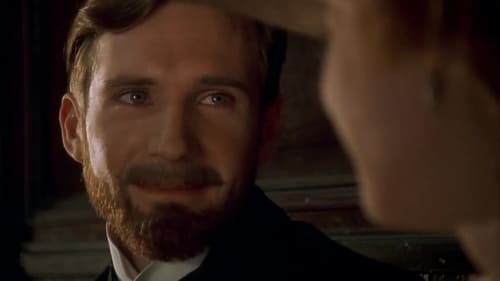
Recorrido por la historia política y social de Hungría a lo largo del siglo XX. Dividida en tres partes, la película está protagonizada por Ralph Fiennes, que interpreta a tres personajes de una misma familia pertenecientes a distintas épocas: un abogado judío de principios de siglo, un esgrimista olímpico cuya vida coincide con el nacimiento del fascismo, en 1930, y un activista político que asiste a la implantación del comunismo, en 1950.


In the Kerepesi Street cemetery, three grave diggers contemplate the fate of the world, then they step out of this role and in a sequence of episodes they play the typical figures of contemporary Hungarian reality, the fat cat, the swashbuckler, the victim, underworld chieftains, and present little absurd dramas of love, marriage, friendship, public order and legal safety. The author and the film director walk among them all the time, contemplating, laughing at their plays. The stories starting from the graveyard and returning there warn of the inevitability of death. The author and the director (Gyula Hernádi and Miklós Jancsó) wisely make friends with death.

Sebestyén
István, a király ("Stephen, the King") is a Hungarian rock opera written by Levente Szörényi (music) and János Bródy (lyrics), based on the life of Saint Stephen of Hungary. The storyline was based on the play Ezredforduló (Turn of the Millennium) by Miklós Boldizsár, who co-wrote the libretto. The opera was first staged in 1983 on an open-air stage in Budapest. This first performance was also made into a 1984 film, directed by Gábor Koltay, and its music released on an album. The musical became a smash hit and is still very popular in Hungary and among Hungarian minorities in neighboring countries.

Lakatos Ignác
1918. Fábián Bálint is forced to kill humans on the Italian front. At home his sons drown the priest, the lover of their mother, in the river Kraszna. Mrs. Fábián turns insane. Following his arrival home Bálint becomes the liveried coachman of the baron.
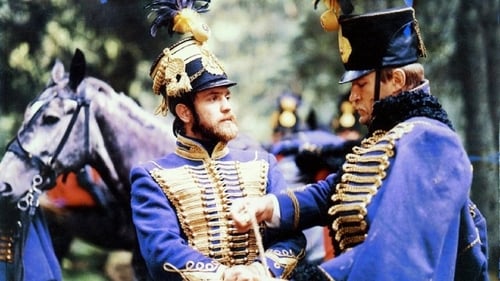
Ács Péter
The film tells the story of a regiment of Hungarian hussars stationed in Poland. The hussars, mostly ordinary men, have heard news of the uprising and wish to return to the homeland to defend the newly independent country. The Empire, on the other hand, is firmly resolved that all Hungarian troops in the imperial army should be kept as far away from the trouble spot as possible, knowing that most soldiers would be loyal to Budapest rather than Vienna.

A screen adaptation of Herbert W. Franke's science fiction novel "The Orchid's Cage".

Harlan
Based on the novel by Isaac Asimov. The End of Eternity is a science fiction film with mystery and thriller elements on the subjects of time travel and social engineering.

This sour satire records how narrow-minded, perishable and prejudiced human relations are. Lili, an open, good-hearted, but clumsy girl gets a rusty Renault Gordini from her uncle living in France. She wants to learn driving, but makes horrible and perilous mistakes behind the wheel.

The film takes place at the end of 1946. Rumours are spread that the food supply will not arrive for it has been robbed. Workers of the metal factory go on strike.

This film, set at the beginning of the 17th century, is the first East-European "Eastern". Bocskai István orders the free Heyducks to shepherd a huge herd of cattle through the country torn to three parts, to the Dalmatian coast, where he can get weapons in exchange, for fighting the Austrians.

The events of the story take place in the outskirts of working class people in the early nineteen fifties. Makra, a skilled worker in a factory, suddenly comes to close quarters with everything around him because his environment condemns and ridicules him for protecting a woman when his drunk fellows were going to rape her after his bachelor party.
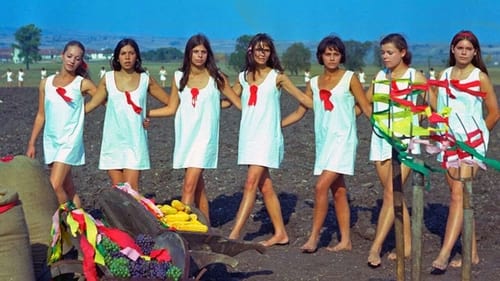
Tóth Ferenc, socialist
La rebelión de los campesinos húngaros de fines del siglo XIX contra los terratenientes que los explotan, es narrada por Miklós Jancsó con un ritmo musical, que da a la obra la impronta de un ritual. Las primeras tentativas de la revuelta fallan, pero el espíritu revolucionario pronto volverá a estallar... (FILMAFFINITY)

Fülig Jimmy/Gorcsev Iván

Hermann
This grotesque historical film is a caricature of the narrow-minded and careerist oligarchs of the 20s. A young military officer stops the young jurist from killing himself and recommends him to his commander, lieutenant-colonel Doborján as a typist.

Andreasz
Anika, the daughter of the Greek partisan refugee and the Hungarian medical student, Zoltán fall in passionate love. But Anika's mother wants her to marry a Greek, for she is very homesick and wants to go home. The under-age girl cannot protest.
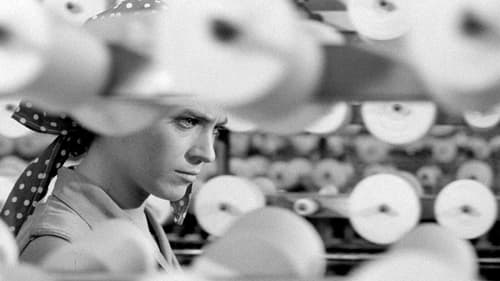
Fiú a vonatról
A young woman leaves a state orphanage to find her mother in this interesting examination of how the overt repression of women in the older pattern of village life has been replaced by the more subtle exploitation inherent in the apparently freer existence of young girls in the contemporary city.
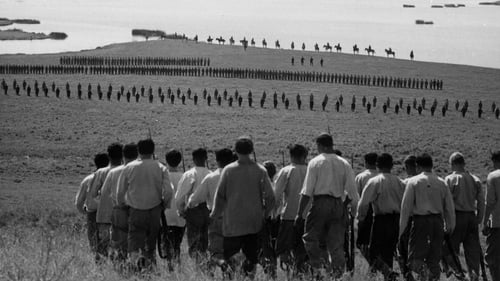
Istvan
Año 1917, en la frontera rusa durante la Primera Guerra Mundial. Los Blancos zaristas se enfrentan a los Rojos bolcheviques, que son apoyados por voluntarios húngaros. En la inmensa planicie se produce la caza del hombre, la ejecución de prisioneros, los caballos en desbandada... (FILMAFFINITY).

Laci














